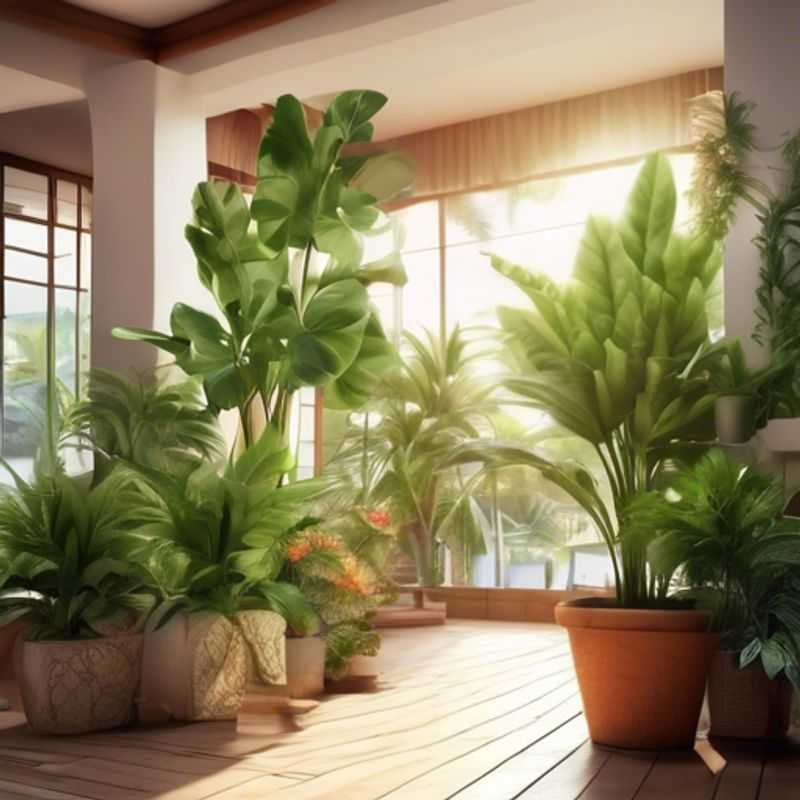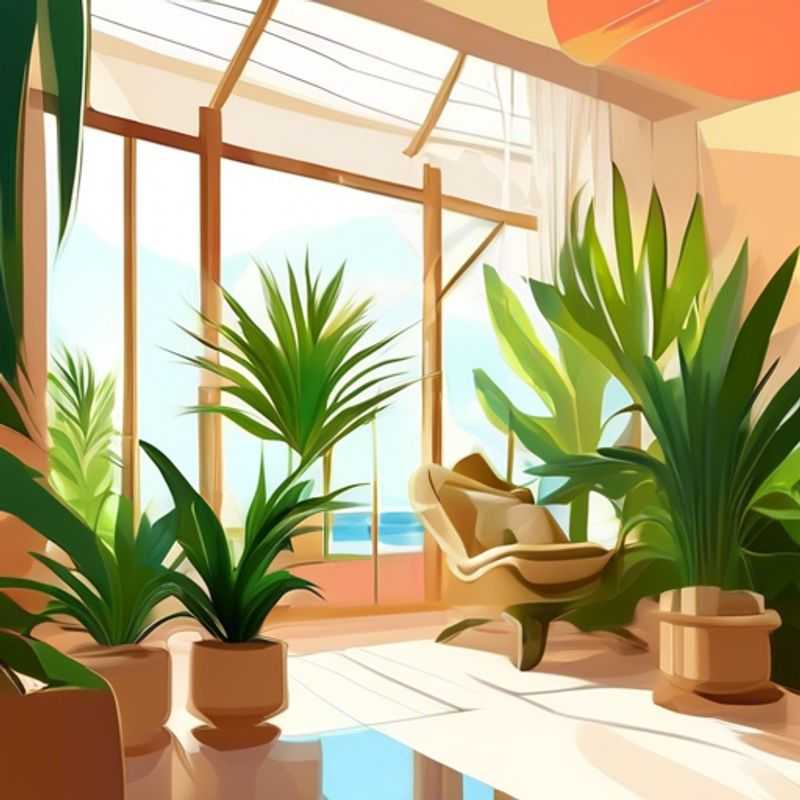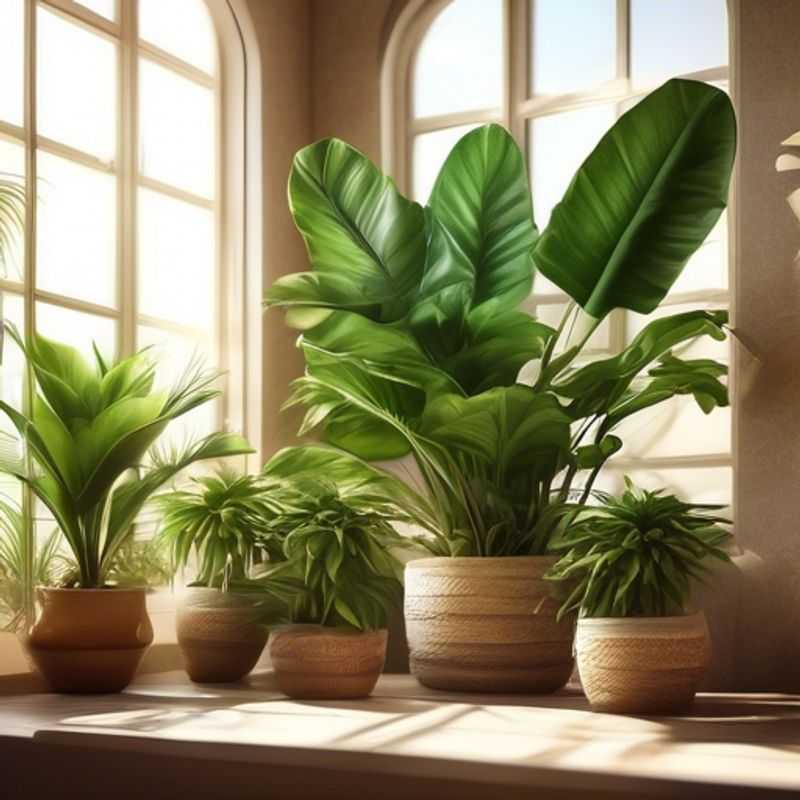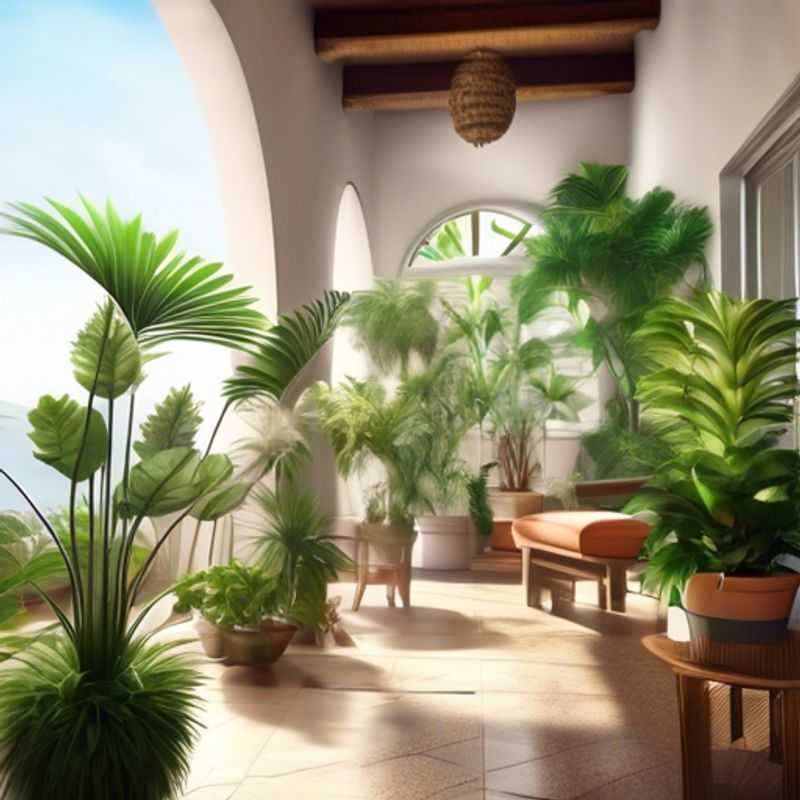Top 3 Most Important Things to Know Before Buying House Plants

Top 3 Things to Know Before Buying House Plants: Light, Size, and Toxicity
Bringing the outdoors in with houseplants is a wonderful way to add life and vibrancy to your home. But before you head to the nursery, there are a few key things to consider to ensure your new leafy companions thrive. Here are the top three things to know before buying houseplants:
1. Research the specific light, water, and soil requirements of the plant species you're considering. Every plant has its own unique preferences.

Know Your Plant's Needs: Light, Water, and Soil Requirements
Knowing a plant's needs is crucial for its survival. Research the specific light, water, and soil requirements of the plant species you're considering. This information is readily available online and in gardening books.
Light: Does the plant need full sun, partial shade, or shade?
Water: How often does it need watering? Does it prefer moist soil or dry soil?
Soil: Does the plant need well-draining soil, acidic soil, or alkaline soil?
By understanding these factors, you can provide your plant with the best possible environment to thrive.

Planning Ahead: Choosing Plants that Fit Your Space
Before you bring a new plant home, it's crucial to understand how big it will get. Knowing the mature size of a plant will prevent overcrowding and ensure it thrives in your space. Every plant species has a distinct growth habit, which determines its final size. You'll need to consider both the height and the spread of the plant when planning its location. For example, a sprawling vine will need a lot of horizontal space, while a tall, slender tree will require more vertical space. A quick online search using the plant's name can reveal its mature size, and most reputable nurseries also provide this information.
Once you know the full-grown size, consider the available space in your home or garden. If you're aiming for a large plant, ensure that it has adequate room to grow without being cramped. Overcrowding can restrict growth and even weaken the plant, making it more susceptible to diseases and pests. On the other hand, if you want a compact plant, you may need to choose a smaller variety or consider pruning to manage its size. Remember, it's better to overestimate the space needed than to underestimate it.
To ensure successful growth, choose the right location based on the plant's light requirements. Some plants thrive in full sun, while others prefer shady conditions. If you're unsure, research your plant's specific needs to determine the ideal placement. This can involve moving the plant around to different spots during the year to ensure it receives the optimal amount of light.

Pet and Child Safety: Understanding Plant Toxicity Levels in Your Home
It's crucial to be aware of the toxicity levels of plants if you have pets or small children at home. Some common houseplants can be harmful if ingested, causing various symptoms like vomiting, diarrhea, skin irritation, or even more severe reactions. Always research the toxicity of any plant before bringing it into your home, especially if you have pets or young children.
The ASPCA (American Society for the Prevention of Cruelty to Animals) and the Pet Poison Helpline are excellent resources for checking the toxicity of plants. They provide detailed information on which plants are toxic to cats, dogs, and horses, along with symptoms of poisoning and emergency contact numbers.
If you suspect your pet or child has ingested a toxic plant, contact your veterinarian or the ASPCA Animal Poison Control Center immediately. Keep plants out of reach of children and pets, and consider opting for non-toxic alternatives. Remember, prevention is key!
